Watch for hotels in 2013 to increasingly cater to guests' every whim when it comes to eating.
In an age when time-pressed, health-conscious travelers are used to customizing their options at coffee shops and casual eateries, hotels are tweaking the type of food they prepare and where they serve it.
"The typical breakfast, lunch, dinner - appetizer, entree, dessert model is not something that our guests are responding to anymore," says Beth Scott, who's in charge of restaurant concepts for Hilton Worldwide's 3,900 properties.
TRENDS: Follow USA TODAY's Barb DeLollis for travel trends
"People don't want to ask to be seated and be given menus," says Brad Nelson, corporate chef at Marriott International, which has nearly 3,800 properties. "They want to sit down, maybe meet for an hour and then order. They want flexibility. We can thank Starbucks for that."
Source: http://www.usatoday.com/story/travel/hotels/2013/01/04/trends-in-hotel-eating-for-2013-fast-casual-caters-to-busy-lifestyles/1808475/
